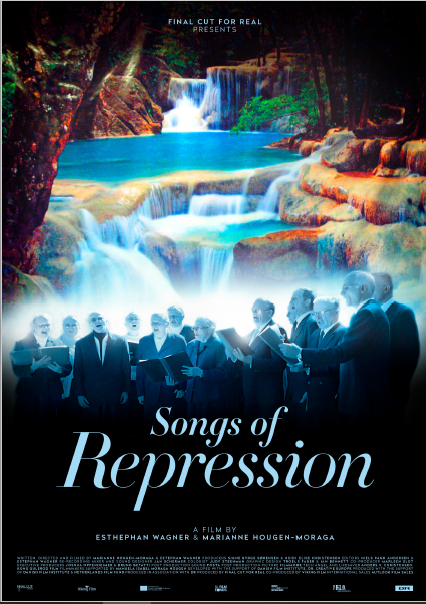Songs of Repression
Synopsis
In 1961, Paul Schäfer, a former Nazi colonel who had fled his homeland to escape jailtime (following a sexual abuse scandal), settled near the town of Parral, Chile, where he became the leader of an evangelical sect of fellow Germans. Behind the tranquil façade of that agricultural and religious commune, which Schäfer and his hundreds of followers dubbed “Colonia Dignidad” (or “Dignity Colony”), were the kinds of corruption, exploitation, and victimization that are frequently associated with the world’s most notorious “cults,” including those like Jim Jones’ People’s Temple and Shoko Asahara’s Aum Shinrikyo that were similarly led by charismatic men who preyed on their most vulnerable adherents. Among the many human rights violations that occurred in that outwardly harmonious yet secretive community were repeated incidents of men and women being forcibly separated from one another and of boys and girls being molested by the group’s “hierarchs.” The latter were high-ranking deputies who kept the compound in a permanent state of lockdown by surrounding it with wire fencing and stationing guards at watchtowers along its perimeter. Although the man whom they were forced to call “Eternal Uncle” had left the colony in the mid-1990s (after having lent his support to Chile’s fascist regime in ways that audiences will be shocked to discover for themselves), several of Schäfer’s followers stayed behind, and slowly began to confront the consequences of their own destructive behavior. Codirected by Marianne Hougen-Moraga and Estephan Wagner, two filmmakers with familial connections to Chile, Songs of Repression largely dispenses with the historical facts of Colonia Dignidad’s dark past. In lieu of a dry history lesson, the directors let the remaining residents of the colony, including Helga, her beekeeper husband Horst, and the local tour guide Jürgen, talk candidly about their present-day pain while reflecting on their roles as both pawns and perpetrators of a power-hungry cult leader’s violent indoctrination. Long covered up or repressed by the Germanic lieder of the film’s title, the traumas experienced by these and other individuals are only now starting to be resolved, in part because Hougen-Moraga and Wagner have given their smiling yet emotionally scarred subjects a chance to bring them into the open. Ultimately, this deeply ruminative film suggests that the biblical exhortation to “forgive and forget” might be just as dangerous to victims of rights violations as the acts that sought to deny their humanity in the first place.
-David Scott Diffrient

Filmmakers
Estephan Wagner and Marianne Hougen-Moraga
Denmark, Netherlands
2020
88 minutes
German and Spanish with English subtitles